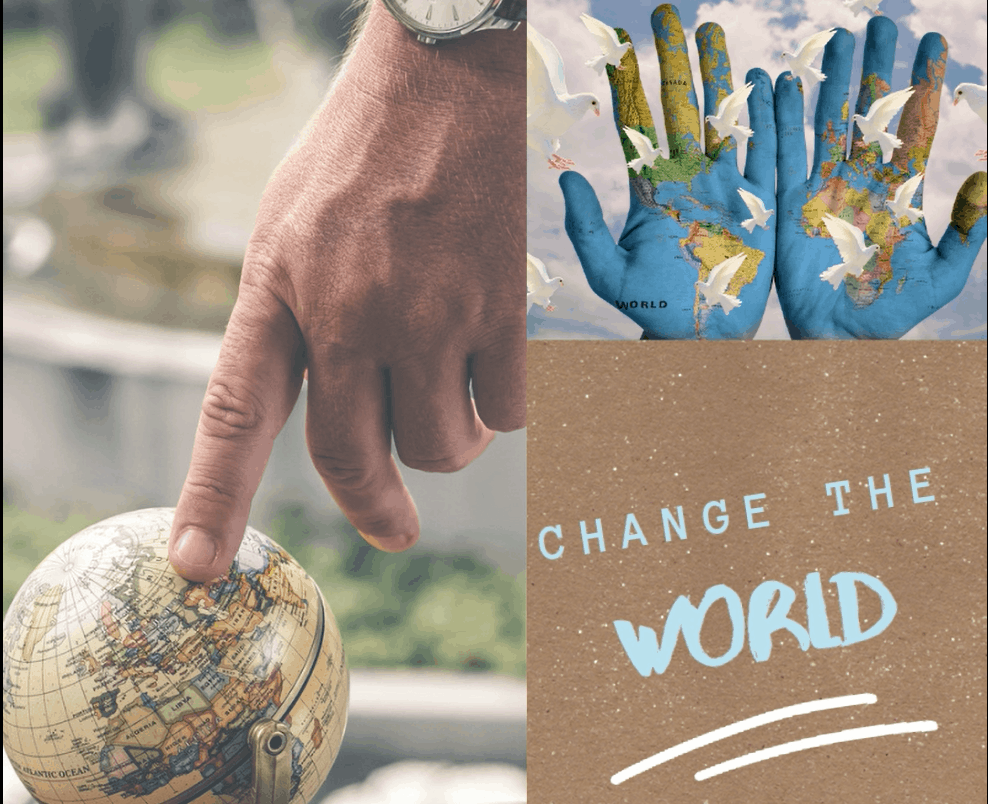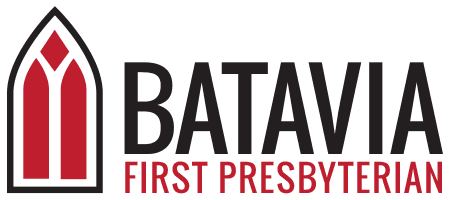
“Change the World: Go out into the World Boldly”
“Change the World: Go out into the World Boldly”
Matthew 28:16-20
Last week we talked about the key idea of being or becoming disciples of Jesus as a way to change the world. This week we are looking at our commission to go out into the world and to make disciples. It is not enough that we ourselves are discipled. It is important for the mission of Christ to have others join us. Changing the world depends on others joining the mission of Christ which is about justice, care, and compassion. If we want the vision of God for our world to become the norm, we can’t keep it to ourselves.
Here is a video about the power of norms for our human societies:
If we are to impact the larger society, we have to use the social capital of relationships. According to the work of Nicholas Christakis and James Fowler, there are “Three Degrees of Influence.” Christakis and Fowler have researched this topic extensively and came to the conclusion that "Everything we do or say tends to ripple through our network, having an impact on our friends (one degree), our friends’ friends (two degrees), and even our friends’ friends’ friends (three degrees). Our influence gradually dissipates and ceases to have a noticeable effect on people beyond the social frontier that lies at three degrees of separation." This means that our thoughts and behaviors carry some weight. What we do can impact many. Our discipleship can have a huge impact on this community. Eric Law applies this principle by saying that, “Whether we know it or not, our network of friendships can spread goodness and blessing, or destructiveness and curse. An inspiring sermon and worship at a church with 100 participants can have the potential of reaching (if each people in the network has at least 5 friends) 500 people in the first degree of influence, 2,500 people in the second degrees and 12,500 people in the third degrees. In a small town of under 10,000 people, this means what happens in worship for a small church can have the potential to influence almost everybody in the community.”
Two important pieces which Christakis and Fowler discovered in their research are as follows:
- The Impact of Our Hopefulness, Faith, Compassion and Trust:
Christakis says (screen), “Would an extra $10,000 dollars a year make you happier? Research shows 10K only provides a 2% increased chance of happiness. Meanwhile, being surrounded by happy friends makes you 15% more likely to be happy…So the happiness of people you have never met and may never meet is three times as powerful as money.” Our following of the way of Jesus could make a big difference in our world.
- If We Want Positive Behaviors to Grow, We Need More Friends:
In order for positive norms to spread, we need more connections. Christakis writes (screen), “Unsurprisingly, people at the periphery of a network have fewer friends and are more likely to be lonely. And yes, that loneliness can flow back three degrees to you….Know what you can do? Introduce your friends to each other.”
All of this is to say that making other disciples is the key to the transformation of the world. In our mission statement as a church we apply this idea by recognizing that our mission is “Transforming lives by sharing the love of God in our communities.” Very relational in our focus!
Jesus knew all these principles. He knew the power and importance of relationships. He invested a lot of his time and energy into making disciples. He trained, taught, and equipped them. He shared life with them. When the time came for him to leave his work here on earth, he commissioned them to do the same with others.
Jesus’ vision was for the transformation of the whole world. That is why he sent the disciples out into the world to make other disciples. This was not about converting people to a religion. If we take the context of the commission seriously, we cannot imagine that this is what Jesus meant. There was no such thing as "Christianity" at that time. The followers of Jesus understood themselves as Jewish. The conversion was to a way of thinking and living that had the Kingdom of God and its values at the center. It was about making disciples who feed the hungry, heal the sick, rescue the oppressed, and welcome the stranger. The Kingdom of God offered an alternative to the violence and oppression of the empires. It also offered a new set of eyes to see and experience God in the world. The early church grew because the disciples followed in the footsteps of Jesus by focusing on taking care of those in need and challenging the systems and ways of thinking that led people to misery.
When we first started this adventure, you received a secret identity which was supposed to inspire you about how to live the vision of Jesus in the world. All these identities are of people who have or continue to follow God’s dream for the world. We will take a few minutes to share about them and one thing that inspired you for being or making a disciple.
Today as we hear the commission of Jesus to go out into the world to make disciples and to help them learn about Christ’s way of love and compassion, I invite you to think of 5 people who might be open to join you on the path of Christ. Use the handout you received when you walked in to write down the names of these people and to pray about how God may help you share with them the blessings, knowledge, and resources of discipleship.
We will conclude with a video of the ripple effect of acts of kindness and how God uses them to change the world. https://youtu.be/PT-HBl2TVtI. Amen.
